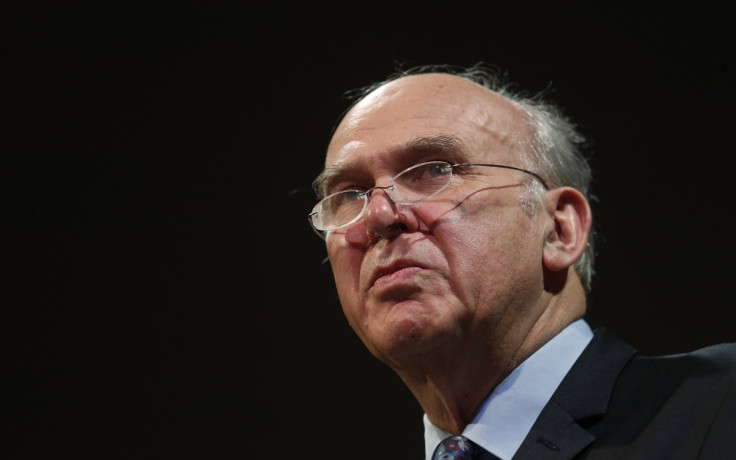Royal Mail Sell Off Was Driven by Political Ideology Costing Taxpayers Billions

The Commons business committee's damning indictment of the knock-down sale of Royal Mail will have come as absolutely no surprise to anyone in Westminster or the City.
Ever since the sale went ahead and big, short-term investors and hedge funds made a killing, all investigations pointed in the same direction; that in its desperation to get the institution off its books, the government was ready to let it go on the cheap.
There are many reasons why the sale went the way it did, depriving taxpayers of £1bn, and they have been well covered by the committee and financial commentators over the succeeding months.
But there was a single, over-riding factor that drove the exercise and ensured it turned into a car boot sale. And it was politics, stupid. It is stating the obvious, but the entire sale was a political, not financial one.
Royal Mail was the last big state industry that even the great privatiser Margaret Thatcher had hesitated to sell off.
Successive governments either didn't bother trying or, as with Labour, had a look at it and ran away.
So any government, particularly a Tory one still driven by the ideological commitment to an ever-shrinking state, would go down in the history books for pulling off the successful privatisation of the last great British institution.

And the minister who managed to negotiate this mine field and emerge the other side having finally achieved what others thought impossible would be hailed a hero, and maybe even a future party leader.
Step up the man once known as "Saint Vince" Cable for his near-prophetic gifts over the economy, gifts he either didn't use, or which abandoned him in this case.
At the time, his reputation across all political parties was riding high and he was routinely tipped as the most likely successor to Nick Clegg.
Cable had never shown any signs of being ideologically wedded to the notion of the small state or privatisation for the sake of it. Yet this is what the Royal Mail sale amounted to and he appeared to be a convert.
He took to it with a will, presumably in the belief it would be another step up the ladder in his apparently unstoppable rise to the top. And few doubt he wanted to get the best deal he could but, once committed, there was no going back, whatever the cost.
Other ministers were clearly far more interested in the ideology and were determined to see the sale go ahead at almost any price to achieve their dreams of a minimalist state.
The clearest evidence for that is the fact that the firm's black-hole pension fund, one of the major obstacles in previous attempts to privatise it, was to all intents and purposes nationalised by chancellor George Osborne in 2012.
As he said at the time, the move would "free (Royal Mail) from its crippling pension debts". In other words, future buyers would be free from the crippling debt which the taxpayer had helpfully taken over.
It was pointed out that, while the move brought assets worth £28b into the Treasury, it also included estimated future liabilities of £37.5bn. The gap amounting to the equivalent of £365 debt for every household in Britain.
So it wasn't about the money, then. In any case, without the pension fund, Royal Mail was making a healthy profit for taxpayers.
For Cable and ministers to now claim all the criticisms are pure hindsightism is nonsense. For sure, no one, even Saint Vince, could have predicted exactly how the shares would go, although there were plenty of warnings about it at the time.
But it is not hindsight to state that the political ideology that drove the sale meant there was always the very strong possibility, in fact inevitability that it would be done at any price.
© Copyright IBTimes 2025. All rights reserved.






















